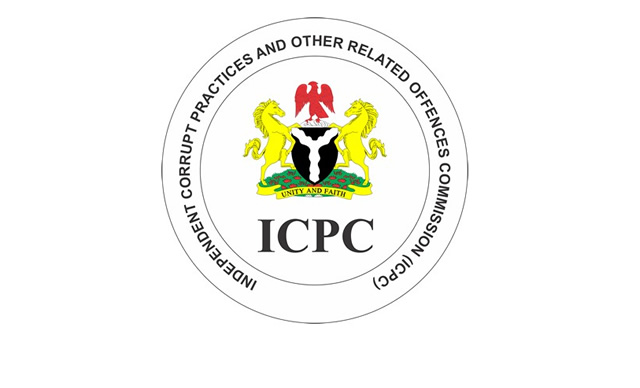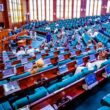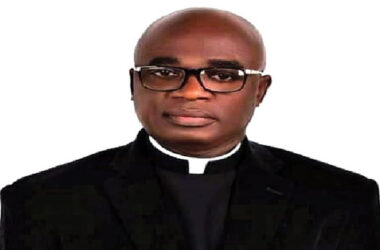The Chairman of the Independent Corrupt Practices and Other Related Offences Commission (ICPC), Dr. Musa Aliyu, has sounded a strong warning about increasing corruption within Nigeria’s local government system.
Speaking in Abuja on Wednesday during a meeting of the National Anti-Corruption Coalition, Dr. Aliyu said that corruption at the grassroots level continues to weaken progress in the country.
Aliyu, who is a Senior Advocate of Nigeria, said the local government level is crucial because it is the closest to the people and has a direct impact on daily life. He explained that this tier of government should be responsible for delivering services like basic healthcare, primary education, sanitation, and small-scale infrastructure.
“It is at this level that the daily realities of our citizens are shaped, where essential services are meant to be delivered, and where development initiatives should directly impact lives,” Aliyu stated.
Despite its importance, he noted that the local government tier is also where corruption easily takes root. He mentioned practices such as misusing public funds, fake staff payment schemes, overpricing of projects, and mishandling internally generated revenue as examples of problems facing local governance.
He warned that when public officials divert funds meant for development, the result is failed projects, reduced public trust, and slow national progress. According to him, this misuse of power is a betrayal of the people who elected them.
Aliyu said the ICPC understands how important local government accountability is to national development. He called on Civil Society Organisations (CSOs) and other stakeholders to support the anti-corruption fight.
“Members of the National Anti-Corruption Coalition, your tireless efforts in advocating for good governance, raising public awareness, and holding power to account are highly commendable,” he said.
He also stressed the need for better financial management in the local government system. He said that government allocations and internally generated funds must be used properly and monitored carefully.
According to Aliyu, local government authorities should strengthen their financial control systems and ensure regular audits. He also believes that citizens must be more involved in checking how funds are used.
“We must explore innovative ways to empower citizens to demand accountability from their local government officials,” he said, adding that the public should help oversee budgets, monitor local projects, and report suspicious activities.
Aliyu further noted that while corruption cannot be accepted, many local officials also work under difficult conditions, including pressure and a lack of proper training. He called for support and training for public servants to help them resist unethical practices.
He concluded by saying that the fight against corruption should be continuous. “It is an ongoing battle that requires sustained effort, unwavering commitment, and the active participation of all stakeholders,” he said.









